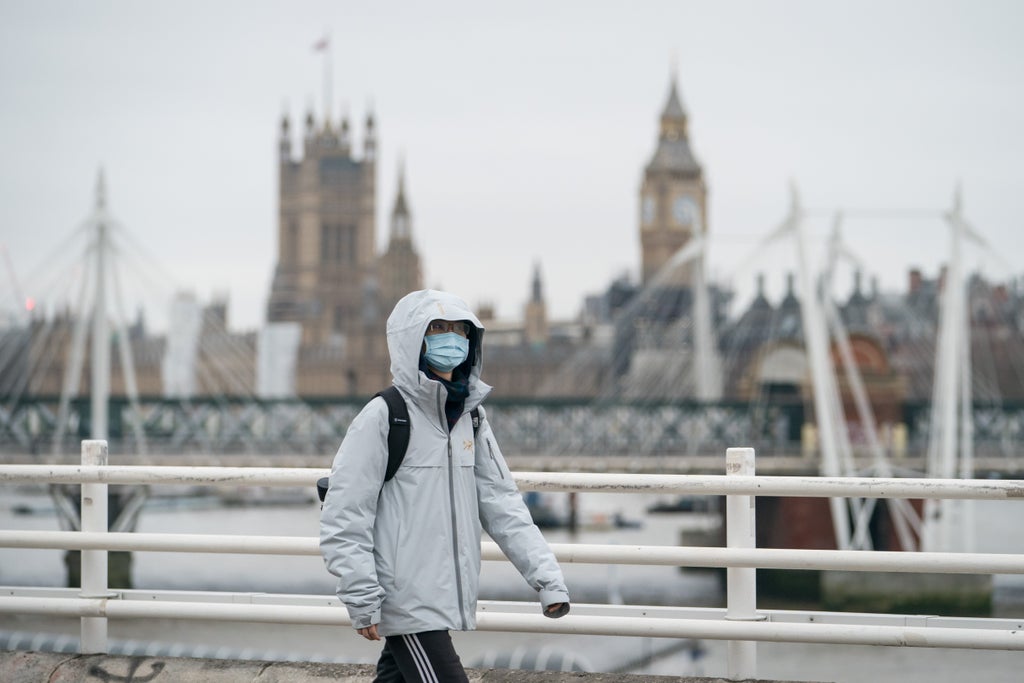
The UK’s total Covid cases have jumped by around 760,000 after reinfections in England were added for the first time.
A reinfection is defined as someone who tests positive for Covid-19 more than 90 days after a previous positive result.
Until now, the daily figures for cases included only those who had reported themselves as testing positive for the virus for the first time.
Now England and Northern Ireland have added them to the daily count, with data for Scotland and Wales to be added in the near future.
The cumulative number of UK cases since the pandemic began has been adjusted to incorporate all possible reinfections to date, which in England alone is believed to be 588,114.
On top of this, 173,328 previously unreported cases have been added which sent the UK overall total from 16.5m on January 30 to 17.3m yesterday.
It’s thought the majority of the recorded reinfections were caused by Omicron, which is believed to spread more easily than previous variants.
According to the Office of National Statistics, the risk of re-infection is 16 times higher due to Omicron, with the UK Health Security Agency (UKHSA )adding that re-infections jumped to 10 per cent during Omicron’s peak.
The UKHSA also warned that the pandemic continues and more variants emerge, it is more likely that people will be reinfected with Covid.
Professor Steven Riley, UKHSA’s Director General of Data and Analytics, said: “Reinfection remained at very low levels until the start of the Omicron wave. It is right that our daily reporting processes reflect how the virus has changed.
“We continue to see downward trends in case numbers and incidence of illness as we work to reduce the impact of the pandemic on our day-to-day lives.
“With vaccination still a great defence against infection and illness, please get jabbed as soon as possible.”







